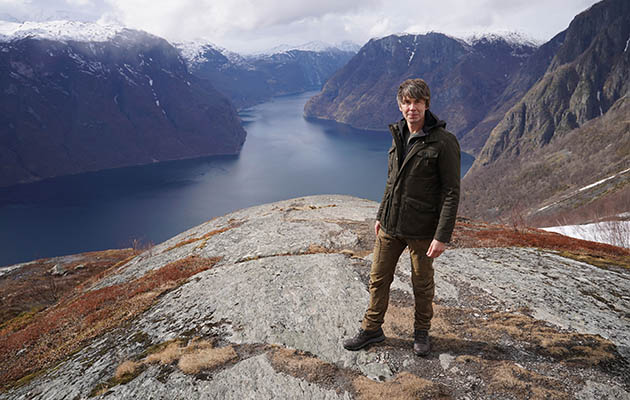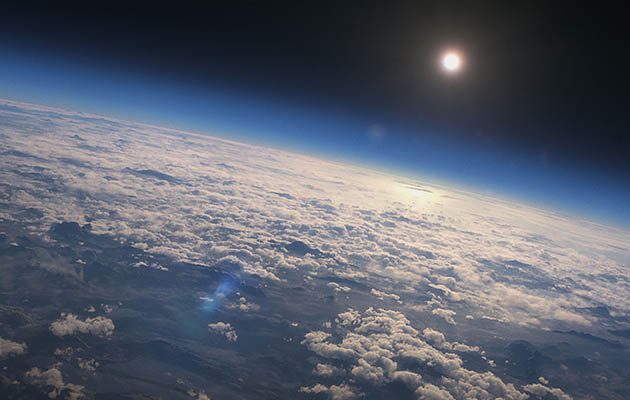The Planets – BBC2

The latest updates, reviews and unmissable series to watch and more!
You are now subscribed
Your newsletter sign-up was successful
Want to add more newsletters?

ONCE A WEEK
What to Watch
Get all the latest TV news and movie reviews, streaming recommendations and exclusive interviews sent directly to your inbox each week in a newsletter put together by our experts just for you.

ONCE A WEEK
What to Watch Soapbox
Sign up to our new soap newsletter to get all the latest news, spoilers and gossip from the biggest US soaps sent straight to your inbox… so you never miss a moment of the drama!
Professor Brian Cox takes a cutting-edge look at the story of our incredible solar system for landmark new BBC2 series The Planets…
Professor Brian Cox takes a cutting-edge look at the story of our incredible solar system for landmark new BBC2 series The Planets…
Professor Brian Cox is back for a new five-part series, and his latest journey through the cosmos is a feast of spellbinding science for the mind and senses.
With the help of groundbreaking new research and outstanding visual effects, the down-to-earth physicist wants to tell the story of how our solar system was formed and tonight’s first film covers the four ‘terrestrial planets’ closest to the sun.
Brian (pictured above), who previously wowed viewers with his BBC series Wonders of the Solar System and Wonders of the Universe, says this tale – over four billion years in the making – isn’t for the faint-hearted.
It seems the destiny of each was decided by a twist of fate that left Earth holding the winning ticket in a cosmic lottery, yet there are stark warnings about what the future could hold for our fragile planet.

TV Times caught up with Brian, 51, to find out more…
We loved both your Wonders… series. How does The Planets build on their stories?
The latest updates, reviews and unmissable series to watch and more!
There have been lots of new space missions over the last 10 years, so we’ve learned more about the solar system since we made those series.
We used to think that our solar system was pretty standard with thousands of others like it, but we’ve since discovered that isn’t the case.
There are unique factors which explain why our solar system formed the way it did over the last 4.6 billion years, which we’ve only just come to understand.
The technology to visualise that process simply wasn’t available 10 years ago either, but the graphics we use here bring it to life wonderfully!
What revelations most surprised you while making the show?
I was amazed by how complicated and dynamic the formation of the solar system was.
We’ve recently discovered the planets were moving around all over the place in the early years.
The Grand Tack model is a very new theory that suggests Jupiter spent millions of years destroying all sorts of space matter as it moved towards the Sun, but luckily for us the gravity of Saturn stopped it before it could reach where planet Earth was!
Do you think there’s life on Mars?
I think we’ll be sending more missions to Mars over the next decade and will send an astronaut there in the next 10 or 20 years.
It’s actually the only place we can go beyond Earth.
There is nowhere else that humans can realistically go to begin their step out from the planet and it’s clear to me that we can’t stay here forever.
I wouldn’t go there any time soon, though, because it’s a horrendous place.
Freezing cold with no atmosphere!
Do people often ask you physics questions when you’re out and about?
That’s my life now!
Just this morning someone came up to me on the train, but it’s brilliant that people are interested in these things.
They ask me big questions as well, questions about why we’re here, which is actually a very scientific question!
TV Times rating: *****

